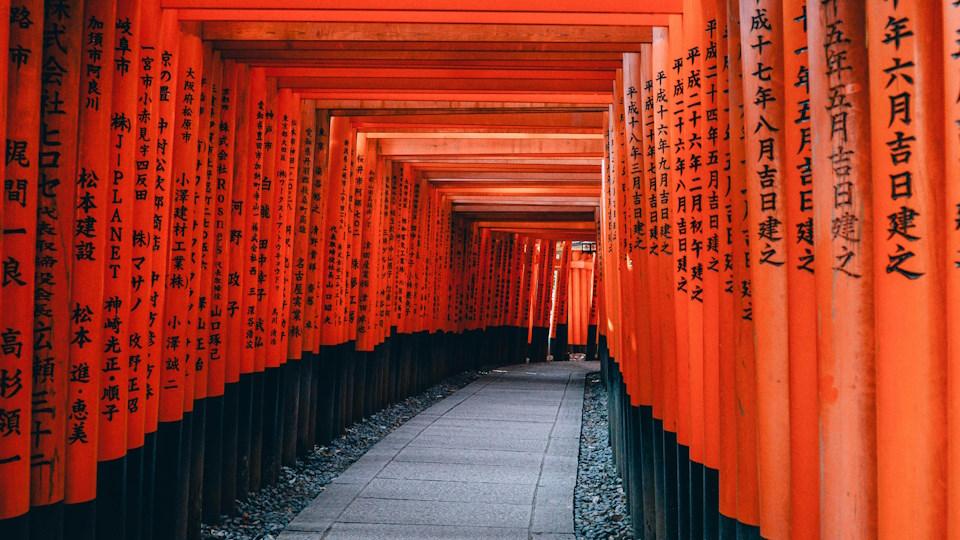Lilly gets second approval, in Japan, for Alzheimer's drug

Eli Lilly has opened up a second market for its new Alzheimer's disease therapy Kisunla, after Japan followed the US in approving the drug.
Kisunla (donanemab) is the second in a new generation of amyloid-targeting medicines to reach the Japanese market after Eisai and Biogen's Leqembi (lecanemab), which was approved by the country's Ministry of Health, Labour and Welfare (MHLW) a year ago.
As in the US, where it was approved by the FDA in July, Kisunla is labelled to treat adults with early symptomatic Alzheimer's, including people with mild cognitive impairment (MCI), as well as mild dementia, who have confirmed amyloid pathology.
Japan's ageing population makes it a key market for Kisunla and Leqembi, as the number of people with dementia in the country is predicted to increase to 5 million by the end of the decade. Of these, around two-thirds of cases will be Alzheimer's.
"Kisunla demonstrated very meaningful results for people with early symptomatic Alzheimer's disease by significantly slowing cognitive and functional decline in our TRAILBLAZER-ALZ 2 study, which included participants from Japan," commented Ilya Yuffa, president of Lilly International.
In the study, Kisunla achieved a 35% reduction in cognitive decline compared to placebo on the iADRS measure of cognitive function after 18 months. In addition, 47% of patients on Lilly's drug had no evidence of clinical progression at one year, compared to 29% of the control group, as measured by the widely-used CDR-SB scale.
The results are roughly similar to those achieved with Leqembi, and Lilly is emphasising the fixed duration of its treatment – dosing only until amyloid plaques disappear – saying that should make it less costly for health systems.
The jury is out about how successful these new drugs will be commercially, as healthcare professionals have mixed views on their benefits and risks and Leqembi's take-up has been slow, albeit with some signs of acceleration in the second quarter of this year.
The first indications of Kisunla's initial performance in the US will likely come in Lilly's third-quarter results update due in late October or early November.
The Kisunla green light comes amid a flurry of other new MHLW approvals for the Japanese market.
Others include Amgen's Tepezza (tezepelumab) for thyroid eye disease, Takeda's Fruzaqla (fruquintinib) for advanced colorectal cancer, Eisai's Rozebalamin (mecobalamin) for amyotrophic lateral sclerosis and Tasfygo (tasurgratinib succinate) for FGFR2-mutated biliary tract cancer, as well as Aurinia Pharma's Lupkynis (voclosporin) for lupus nephritis, and CSL Vifor/Zeria's hyperkalaemia therapy Veltassa (patiromer).












